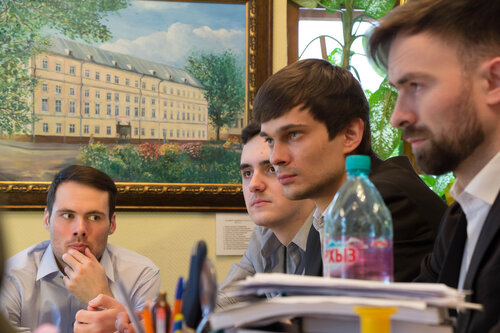The Dictionary of the English Language was the first full featured English dictionary. Samuel Johnson published the authoritative work in 1755. To a high degree, the dictionary standardized both English spelling and word usage. Meanwhile, grammar texts by Lowth, Murray, Priestly, and others attempted to prescribe standard usage even further.
Early Modern English and Late Modern English vary essentially in vocabulary. Late Modern English has many more words, arising from the Industrial Revolution and the technology that created a need for new words as well as international development of the language. The British Empire at its height covered one quarter of the Earth's surface, and the English language adopted foreign words from many countries. British English and American English, the two major varieties of the language, are spoken by 400 million persons. Received Pronunciation of British English is considered the traditional standard. The total number of English speakers worldwide may exceed one billion.





